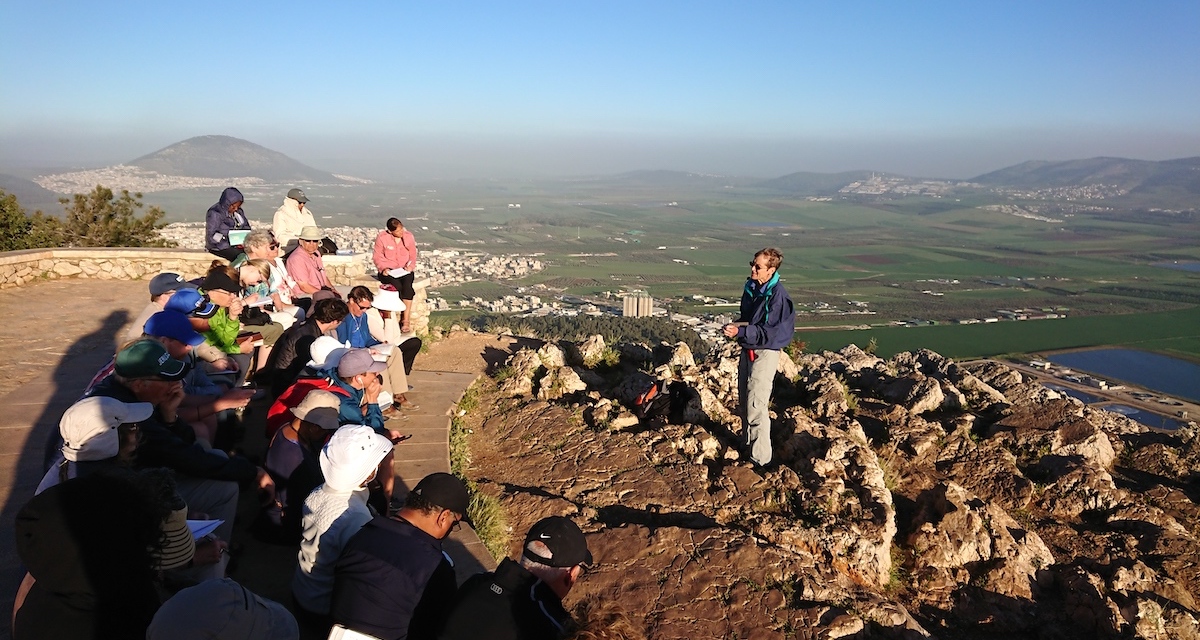Five Professors, 154 Years at Gordon
Every college graduate remembers their favorite class. For some it’s the first dive into a subject they’ll love and study for the rest of their lives. For others it’s traversing the streets of a foreign city, discussing its culture, art and history. Whether it’s Old Testament with Elaine Phillips or Philosophy of Religion with David Aiken, the professors who bring those favorite classes to life occupy a special place in students’ hearts.
The 2019–20 year marked the milestone of retirement for several Gordon College faculty, five of whom The Bell caught up with to glean (more) wisdom, hear their favorite memories and learn what’s next. Though their final class sessions may have taken place over Zoom rather than in Jenks, their 154 combined years of teaching at Gordon leave an indelible impact on thousands, regardless.
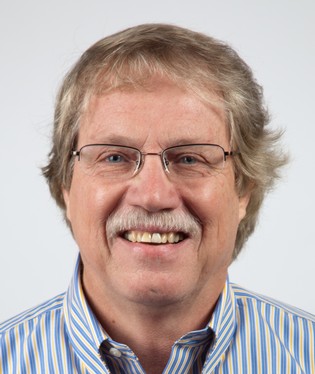
Bert Hodges, Professor of Psychology
Years at Gordon: 48
Most important lesson he learned as a professor: “Do your job—you can think you did great on some lecture, and it went nowhere with students. Meanwhile, some small gesture or remark you never would notice or remember was just what some student (or many students) needed to hear to help them grow and learn.”
A meaningful Gordon memory: “The care and love of the Gordon community, especially the students, during the period that my [first] wife, Sarah, was seriously ill with cancer, and during the months and years following her death.”
Next steps: Research, writing articles for psychology journals, “reading lots of things I did not have time for earlier” and continuing as a senior research scientist at University of Connecticut.
Retirement travel plans: “After my wife, Doreen, retires, France, Italy and Sweden are on the ‘to do’ list.”
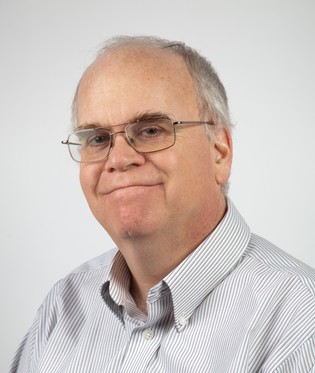
David Aiken, Professor of Philosophy
Years at Gordon: 29
Favorite class to teach: Philosophy of Religion
Hope for students: That they “awoke to the necessity of being ‘good stewards’ of their intellectual faculties and come to an appreciation of the great sources of wisdom. That they learned how to think more clearly and rigorously about the great questions of our day, and to evaluate moral issues insightfully and calmly.”
Next steps: To study philosophers he is relatively unfamiliar with and broaden his knowledge of fields like physics, world religions, politics, cognitive psychology and brain science. He hopes to renew his musical talents by practicing the keyboard more and hopes to contribute to the adult education series at Christ Church of Hamilton-Wenham. Especially during the pandemic, he is delighted to walk trails in parks and forest preserves.
Retirement reflections: “My understanding and appreciation of Gordon’s mission continues to deepen. My affection for this school, and for my colleagues—to say nothing of generations of students—is as tender as it is unbounded. It was a great privilege to make whatever contribution I may have made to this particular ‘common good.’”
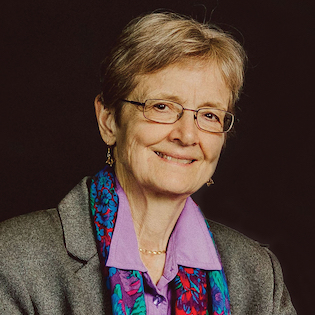
Elaine Phillips, Harold John Ockenga Professor of Biblical and Theological Studies
Years at Gordon: 26
Favorite class to teach: “At some point, every class was my ‘favorite’ class—until it became my ‘least favorite’ class. I have been particularly drawn to teaching in the field in Israel, perhaps because it is such a joy to see students really come alive to the importance of the land in understanding the biblical text. At the same time, I have loved teaching Old Testament every year. There are always a number of students who come into the class presuming they are simply going to ‘endure’ this ordeal, but leave with a new love for that part of our Scriptures. I am thankful that has been the case.”
Hope for students: “I pray above all that some of my students will have discovered the unending joy of exploring the richness of the living and transformative Word of God.”
The most important thing she learned as a professor: “That I have so very much to learn.”
Next steps: Co-editing a collection of papers delivered during the Theology of Prayer in the Old Testament section of the Institute for Biblical Research; preparing two articles for volume five of the Lexham Geographic Commentary: Prophetic and Poetic Literature (to which she has already contributed 13 article for previous volumes); writing the volume on Obadiah, Jonah and Micah for the Apollos Commentary series. She also plans to spend more time in the “isolated, beautiful wilderness of rustic” Northwestern Ontario.
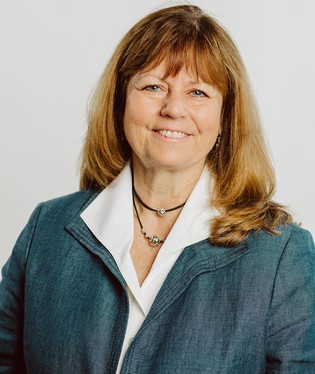
Janis Flint-Ferguson, Professor of Education and English
Years at Gordon: 30
Hope for students: “That they never forget that learning is joyful; that we can laugh and still learn. That they felt respected, heard and invited into the community of the classroom. I want them to be passionate in their vocations, wherever they are called to serve.”
Two meaningful memories: The students, of course. “I loved their questions, their arguments, the way they learned and used rhetorical strategies, instructional strategies.” She was also honored to be awarded the Marv Wilson Award for Teaching in 2018.
The most important thing she learned: “Students know more than they think they do [and] more than teachers think they do. I loved those classes where students connected with subject matter in ways I never would have expected. Their questions, their interpretations, their applications shifted and changed class discussions into deeper, more meaningful ways—ways that made the material more meaningful to the world they are entering.”
Next steps: Continuing her sabbatical work with the Wordsworth Trust in Grasmere, England, by developing lessons for secondary and middle grades. “Wordsworth’s poetry can still speak to us with his love of nature and his ability to see beauty in the most mundane of circumstances and people. He wanted to bring people together, to break down the barriers that kept people apart, to reclaim the humanity we all share.”
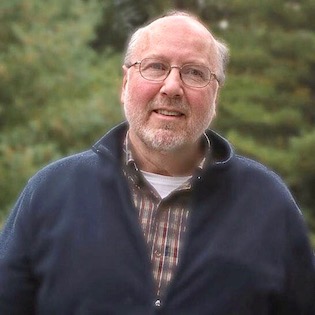
Ted Hildebrandt, Professor of Biblical Studies
Years at Gordon: 21
Favorite class to teach: Old Testament Literature. “It shows so many different situations where you get to see God display his greatness, character and pathos to many Old Testament leaders or ‘flawed heroes’ as I like to call them.”
Hope for students: “That they love God with all their heart, minds and souls, and that they have developed habits of reading God’s Word for the rest of their lives because they love God’s Word, not because of a class assignment.”
Most meaningful memory: “Praying with a student to accept Christ as their Savior.”
Three lessons he learned: 1) “Yes, Jesus loves me.” 2) “The grace of God is incredible.” 3) “Each day has enough trouble of its own. Life is lived one step at a time—just serve and practice the presence of God each day. He handles the big stuff; I just need to take the next step walking in the footsteps of Jesus.”
Next steps: Continue developing www.biblicalelearning.org by recording leading scholars speaking on books of the Bible of their expertise, and posting them to YouTube, where the videos will be free to anyone in the world.
Ultimate retirement celebration trip destination: “Back to Israel with family and friends and my 360-degree video camera.”
Professors, thank you for your dedication to the College, academic excellence, Christian faith and your many admiring colleagues, students and alumni.
 The Bell
The Bell